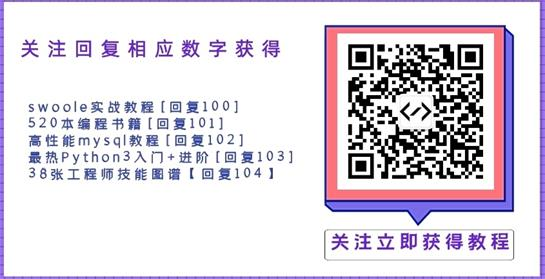def parse(line)
s = line.scan(/\(|\)|"(?:\\.|[^"])*"|[^()" \n]+/)
f = ->(t=nil){
case x = t || s.shift
when ?(
y = []
while x = s.shift
return y if x==?)
y << f[x]
end
fail ")?"
when nil
nil
when /^#(.*)$/
{?t=>true,?f=>false}[$~[1]]
when /\d+/
x.to_i
when /^\"(.*)\"$/m
$~[1].gsub(/\\./,'\n'=>"\n","\\\\"=>"\\","\\\""=>'"')
else
x.to_sym
end
}
f[]
end
$tests = {
"" => nil,
"1" => 1,
"(a b)" => [:a,:b],
"(1 2(2 3))" => [1,2,[2,3]],
'(a"b"c"d"(ef))' => [:a,"b",:c,"d",[:ef]],
'("a b" (c d-e))' => ["a b",[:c,:"d-e"]],
"(\"a\nb\"\nb\nc (d))" => ["a\nb",:b,:c,[:d]],
' "a\nb"' => "a\nb",
'"a\\"b"'=>'a"b',
"\"\\\\\""=> "\\",
"(#t #f)" => [true,false],
"(define (f x) (if (zero? x) 0 (+ x (f (- x 1)))))" =>
[:define,[:f,:x],[:if,[:zero?,:x],0,[:+,:x,[:f,[:-,:x,1]]]]],
}
p $tests.all?{|x,y|parse(x)==y}

